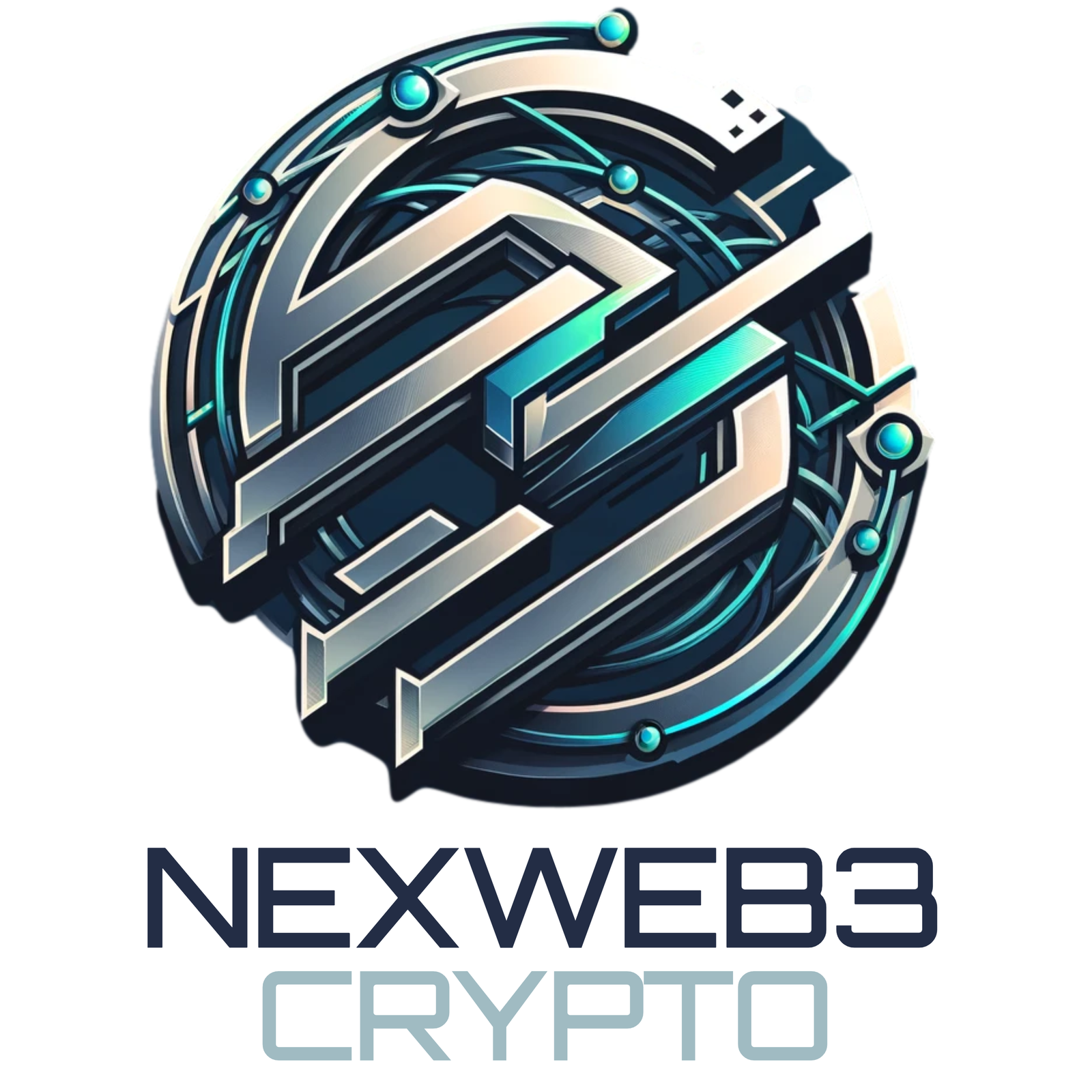Blockchain technology has been making waves in the finance industry for years, but its potential applications extend far beyond that. This innovative digital ledger system has the power to revolutionize a wide range of industries, from supply chain management to healthcare and even real estate. Let’s take a closer look at how blockchain technology is transforming these sectors:
Introduction to Blockchain Technology
First things first – what exactly is blockchain? In simple terms, it’s a decentralized database that stores information across multiple computers. Each “block” contains a record of transactions or data, which are verified by network participants through complex algorithms. Once validated, each new block is added to the existing chain, creating an immutable record of all previous blocks.
One of the key benefits of blockchain technology is its transparency and security. Because every transaction is recorded on a public ledger, it’s virtually impossible to manipulate or falsify data without being detected. Additionally, because there’s no central authority controlling the network, it’s much more resistant to hacking attempts than traditional databases.
How Blockchain is Disrupting the Supply Chain Industry
Supply chain management is one area where blockchain technology is already starting to make a big impact. With so many different players involved in getting products from manufacturers to consumers, the process can be incredibly complicated and prone to errors. However, by using blockchain-based systems to track goods as they move through the supply chain, companies can gain greater visibility into their operations and reduce waste and inefficiencies.
For example, Walmart recently began using blockchain technology to track food products from farm to store shelves. By scanning QR codes on packages with smartphones, customers can access detailed information about the origin and journey of their groceries, including when they were harvested or packaged. This level of transparency not only helps build trust with consumers but also makes it easier for retailers to identify and address any issues along the way.
The Role of Blockchain in Healthcare and Pharmaceuticals
Another area where blockchain technology shows great promise is in healthcare and pharmaceuticals. One major challenge facing this sector is ensuring patient privacy while still allowing doctors and other medical professionals to share important information. By using blockchain-based systems to securely store and transmit sensitive data, patients can have greater control over who sees their personal information while still receiving high-quality care.
Additionally, blockchain technology can help improve drug traceability throughout the entire supply chain. From production to distribution, tracking drugs via blockchain can ensure authenticity, prevent counterfeiting, and provide greater transparency for regulators and consumers alike.
Revolutionizing Real Estate with Blockchain
Finally, let’s talk about real estate – another industry ripe for disruption by blockchain technology. Buying and selling property involves a lot of paperwork and intermediaries, which can slow down the process and increase costs. But by using blockchain-based platforms to facilitate transactions, buyers and sellers can save time and money while reducing the risk of fraud or error.
For example, Propy is a company that uses blockchain technology to streamline international real estate purchases. Their platform allows buyers and sellers to complete transactions entirely online, eliminating the need for lawyers, brokers, and other middlemen. Additionally, because everything is recorded on a tamper-proof blockchain, both parties can rest assured that the deal is legitimate and transparent.
Conclusion: The Future of Blockchain Beyond Finance
As you can see, blockchain technology has enormous potential to transform a wide variety of industries beyond finance. Whether it’s improving supply chain efficiency, enhancing patient privacy, or simplifying real estate deals, blockchain offers a host of benefits that are sure to shape our world in exciting ways. As adoption continues to grow, we can expect to see even more innovative use cases emerge in the coming months and years.





